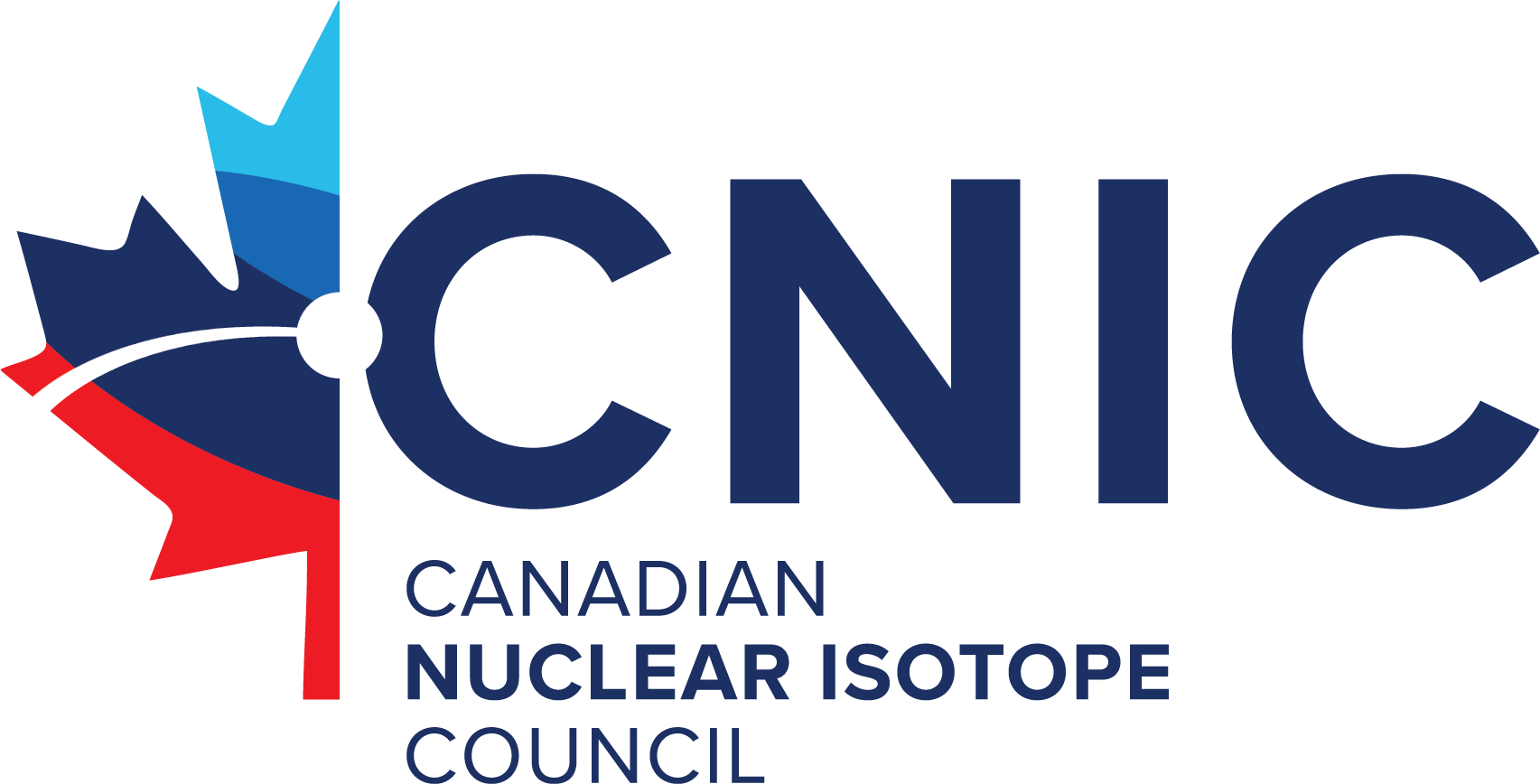This month, the Canadian Nuclear Isotope Council (CNIC) is celebrating its one-year anniversary as the champion of Canada’s involvement in the world’s health care industry through medical isotope production.
Across Canada Isotopes are critical to serve the broad needs of modern society through innovative and non-invasive cancer treatments that allow patients to live fuller lives, with less discomfort after receiving their diagnosis.
One Year anniversary marks successful inaugural year of the council with major report on the Global Importance and Opportunities of I sotopes for Canada coming in the third quarter.
The CNIC, which includes over 30 organizations from the nuclear, health care, and research sectors, advocates for informed public policies that advance human health, save lives, create jobs, and keeps billions healthy worldwide through the continued research, production, processing, and distribution of medical isotopes.
For decades, Canada has played an important role in medical isotopes and radiopharmaceuticals for both domestic and international use. However, most Canadians remain unaware of the importance of isotopes in medicine.
Launched in 2018, the CNIC is an independent organization consisting of representatives from various levels within the Canadian health sector, nuclear industry and research bodies, convened specifically to advocate for Canada’s role in the production and continued leadership in the isotope sector.
With the field of medical isotopes continuously evolving, and several new isotopes gaining prominence in both diagnostic and therapeutic nuclear medicine, the council was created as both an educator and public policy advocate on behalf of its original 15 members.
Isotopes are the foundation to advance research for improved drug discovery and development. They are also our pathway to personalized medicine – enabling health care professionals to improve lives through targeted imaging and therapy, thereby providing medical diagnosis and treatment specific to an individual.
The changing landscape of medical isotope production and utilization represented a tremendous opportunity for innovation through coalition building. The CNIC was launched to continue to advocate and demonstrate the tremendous Canadian leadership in both the medical and industrial use of isotopes.
In the course of a year the council has grown to encompass 32 members across the Pan-Canadian isotope landscape, and has earned recognition from both the Ontario Provincial and Canadian Federal governments for its action and leadership on this crucial Canadian research and development file.
The Government of Canada and the bipartisan Standing Committee on Natural Resources declared Ontario’s nuclear innovations a success story, recognizing the critical role that radioisotopes play in the global community, and stated its intention to work with industry, the health care community, and provincial/territorial governments to ensure the Canadian supply of radioisotopes is brought to the next level, while the Hon. Greg Rickford, Ontario’s Minister of Energy, Northern Development and Mines and Minister of Indigenous Affairs, recognized the work of the council as critical to the success of Ontario’s innovation and health care agenda.
This year represents an opportunity for the CNIC, as recent government investments in isotope research through world-class facilities like TRIUMF and Canadian Nuclear Laboratories, and through the active participation and commitment of Ontario’s nuclear assets through organizations such as Bruce Power and Ontario Power Generation, the eco-system of continued Canadian leadership in isotopes is emerging.
The CNIC is focused on bridging these public and private coalitions into demonstrable results for Canadians, searching for new life-saving cancer treatments. Throughout 2019, the CNIC will continue to promote public awareness about the use and benefits of medical/industrial isotopes and radiation technologies, and work with government stakeholders to ensure the public policy landscape promotes innovation and supports the increased proliferation of medical and industrial isotope uses.
To ensure that Canadians benefit from recent advances in nuclear medicine, Canada must build and maintain a domestic supply of both established and emerging medical isotopes, and strengthen its ability to convert the raw isotopes into clinical quality products. Achieving this core-to-clinic vision will require broad support for Canadian-made medical isotopes from the public, the nuclear sector, and government. Together the council and its partners are well positioned for success and look to capitalize on emerging opportunities in the coming year.
